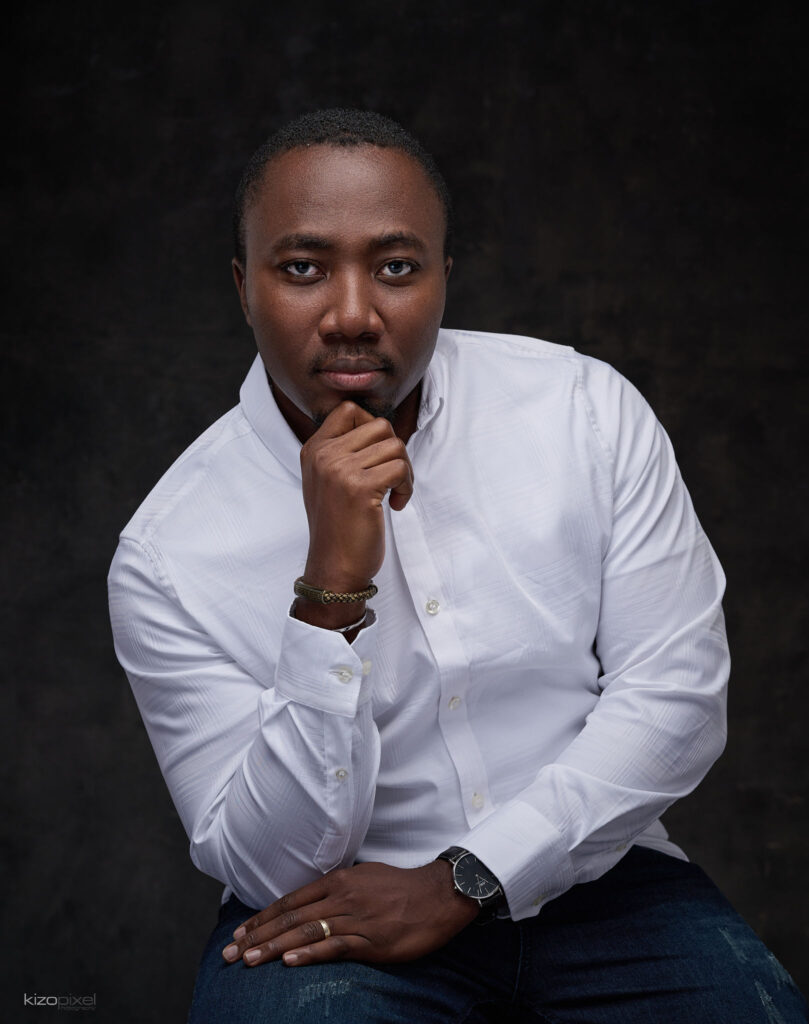about us

Who We Are
Chronicles Of An Autism Mum Foundation is a non-profit organization dedicated to providing resources, support, and advocacy for individuals with autism and their families so that they can feel confident and empowered as they navigate the complex world of autism.
COAAM is committed to increasing public awareness and the understanding of autism, promoting autism acceptance and inclusivity, providing excellent community support, and offering one-on-one guidance to parents of autistic children.
COAAM provides support, hope, and guidance to families worldwide through the “Together We Can” Virtual Support meetings, COAAM Prays, and COAAM Podcast.

Our Mission
We are committed to supporting you in navigating the complex world of autism by providing support and resources while ensuring your child reaches their full potential.
Our Vision
Our vision is to create a community where individuals with autism and their families can thrive.
Our Team


Abiola Adedeji is the founder of COAAM Foundation. She is a wife, a mother of two children, and a devout Christian. She is a certified Project Management Professional (PMP), author, and a maven committed to making meaningful and positive contributions to the world through autism awareness.
Abiola has helped families all over the world by sharing tried-and-true intervention strategies and lending a shoulder to cry on when things get tough.
She and her family relocated to Canada in 2017, shortly after her son was diagnosed with Autism Spectrum Disorder. She has dedicated her social media posts to raising autism awareness by documenting and sharing her journey as an autism mom with families who are lost in the autism maze.
Adewumi Adedeji is a seasoned C-suite executive who has worked in a variety of industries and countries, with a focus on medium to large-scale organizations. He is a strong supporter of autism awareness and has volunteered in a variety of capacities to help this cause.
He is a co-founder of the Chronicles Of An Autism Mum Foundation and has firsthand experience with the difficulties and challenges that families affected by autism face. He is dedicated to assisting the Foundation in fulfilling its mission and goals.
He holds two master’s degrees, one in Resource Engineering and one in Information Technology. He’s also a Certified Microsoft 365 Enterprise Administrator Expert.


Tochi Ajike is a dedicated and compassionate community administrator with the Chronicles of an Autism Mum Foundation (COAAMF), where she plays a vital role in supporting parents and families raising children on the autism spectrum. Her calm leadership, empathy, and commitment to creating a safe, inclusive, and engaging environment have made her an invaluable part of the COAAMF team.
With a passion for helping others thrive, Tochi coordinates community engagement activities, fosters meaningful connections within the WhatsApp support network, and ensures parents have access to the resources, encouragement, and shared experiences that empower them along their autism journey.
Tochi believes deeply in the power of community and shared understanding — that every parent’s voice matters and that together, we can build a world where children with autism flourish.
Odunola Bola-Adesope is a Regulated Canadian Immigration Consultant and a certified project management professional. She also holds a Master of Business Administration and other highly sought after certifications. She has a wide range of experiences in the non-profit, education, and government sectors in Nigeria and Canada and her extensive experience reflects a commitment to navigating the complexities of Canadian immigration, blending technical proficiency with strategic project management, and supporting individuals and families within her local community.
She serves as the Programs Director of the Chronicles of an Autism Mum Foundation (COAAMF), where she leads the design and execution of community support initiatives, family empowerment programs, and parent education sessions. Through her leadership, Odunola ensures that COAAMF’s programs are practical, inclusive, and responsive to the evolving needs of families raising children with autism. Her work embodies the foundation’s mission—to equip, encourage, and empower parents to thrive while supporting their children’s growth and independence.
Frequently Asked Questions
Autism is a neurodevelopmental disorder that is diagnosed in the first three years of life. Parents are generally concerned when their child exhibits delays in speech development, limited social connection, and limited interests and activities. The child may avoid direct eye contact and engage in unusual behaviors such as focusing on specific parts of objects (e.g. the spinning wheel of a toy car). Unusual motor movements such as hand flapping, self-stimulation, or walking on toes may occur.
Although the exact cause of autism is unknown, it is widely assumed that it is caused by a combination of factors. Many genetic, environmental, metabolic, and neurological conditions that affect brain function are being studied. Autism is diagnosed when impairments is evident in three domains: (1) social relatedness, (2) communication/play, and (3) restricted interests and activities
If parents or family members detect any of the following behavioral challenges or developmental delays in their infant or toddler, they should be concerned. They should talk to their child’s pediatrician about their concerns in order to get the right referrals for evaluation.
- spoken language development is lacking or delayed.
- repetition of speech or movement patterns (e.g., hand-flapping, twirling objects).
- hardly any eye contact.
- lack of interest in relationships among peers.
- persistent fixation on parts of objects.
The Modified Checklist for Autism in Toddlers (M-CHAT) and the Autism Behavioral Checklist (ABC) for older children are both structured and systematic screening tools that are used in formal diagnosis. Additionally, the Autism Diagnostic Inventory-Revised (ADI-R) and the Childhood Autism Rating Scale (CARS) are utilized. These tools assess the frequency of symptoms.
There are no specific drugs on the market available to “cure” autism. Each child with autism spectrum disorder has a distinct set of developmental delays, speech difficulties, social and cognitive impairments. As a result, comprehensive treatment plans must be developed to address each child’s unique set of strengths and functional limitations
Trusted-partners

